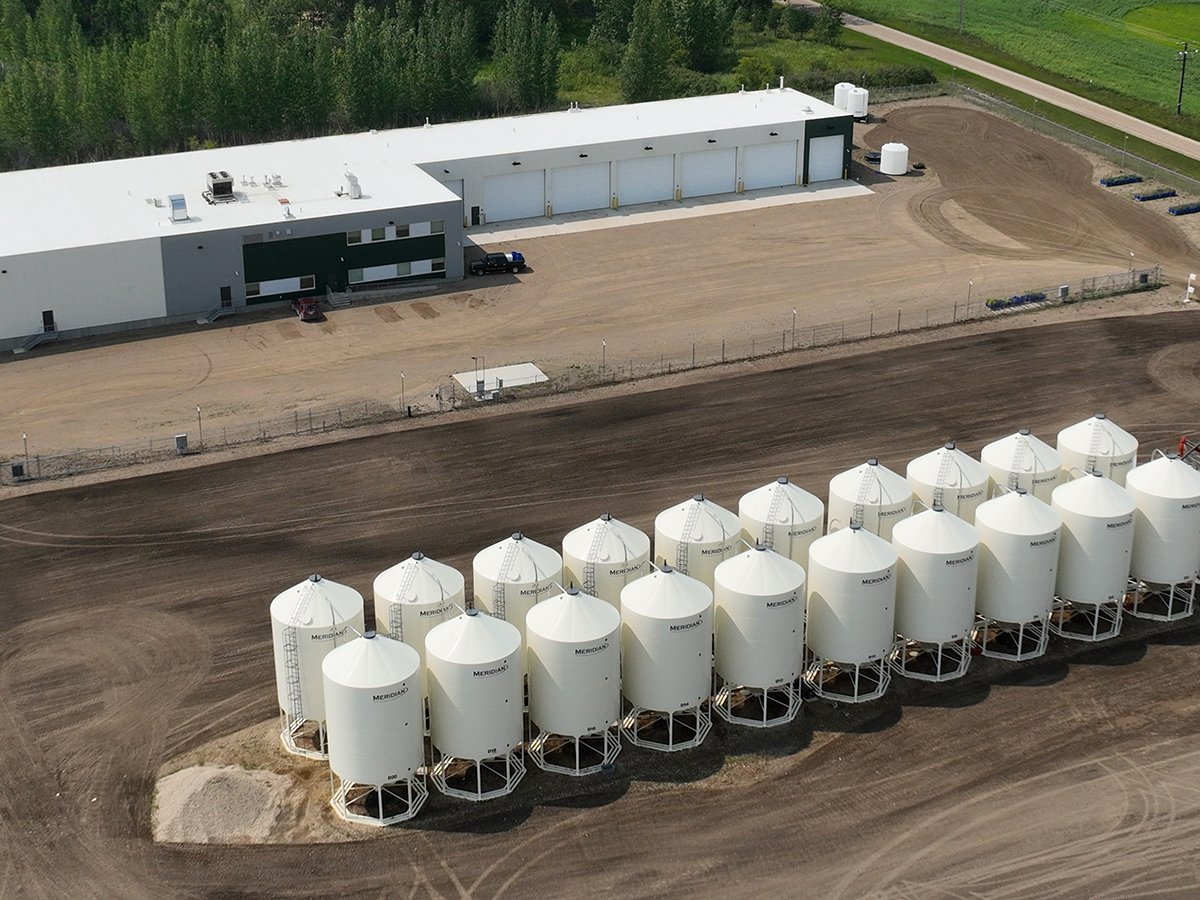Cargill’s specialty canola business in Saskatchewan has been operating like a well-oiled machine during the past few years, according to company officials.
So well that Cargill is expanding its research facilities in Western Canada and increasing contracted acreage in an effort to meet the growing global demand for its high-oleic specialty canola oil.
“Our business has grown considerably over the past 20 years since we’ve invested into the high oleic canola space,” said Mark Christiansen, managing director of Cargill’s global edible oils portfolio.
Read Also

Saskatchewan firm aims to fix soil with compost pellets
In his business, Humaterra, Leon Pratchler is helping farmers maximize yields in the weakest areas of their fields through the use of a compost pellet.
Christiansen was part of a Cargill delegation that hosted an Aug. 29 grand opening at the company’s newly expanded seed research facility at Aberdeen, Sask.
Cargill spent $3.5 million to expand its Aberdeen facility.
The expansion included the addition of 14,000 sq. feet of working space, a larger canola pathology laboratory, a state-of-the art quality assurance lab, more office space and facility improvements to accommodate the facility’s workforce of about 40.
Cargill’s opened its Aberdeen research facility about eight years ago.
Cargill consults with global customers to determine specific needs in terms of oil profile and functionality.
From there, new lines of specialty canola are developed at Cargill’s facilities in Fort Collins, Colorado.
Selected lines that show the greatest promise are then tested in real world growing conditions at Aberdeen, Sask..
The experimental lines are assessed for agronomic performance, yield, disease resistance and other characteristics.
The most promising varieties are commercialized, multiplied and distributed to Cargill’s contract growers throughout the province.
Contracted production is crushed and refined at the company’s processing facility at Clavet, Sask.
Cargill also invested $10 million to build a new research and development facility at Ft. Collins.
That facility, completed last year, is the hub of the company’s specialty canola hybrid development program.
Scientists and plant breeders there will develop the next generation of Victory canola hybrids that have become well known to western Canadian farmers over the past decade or more.
“In the specialty canola oil business, you really have to continue to innovate because what you were doing 10 years ago probably won’t be considered new and improved today,” Christiansen said.















